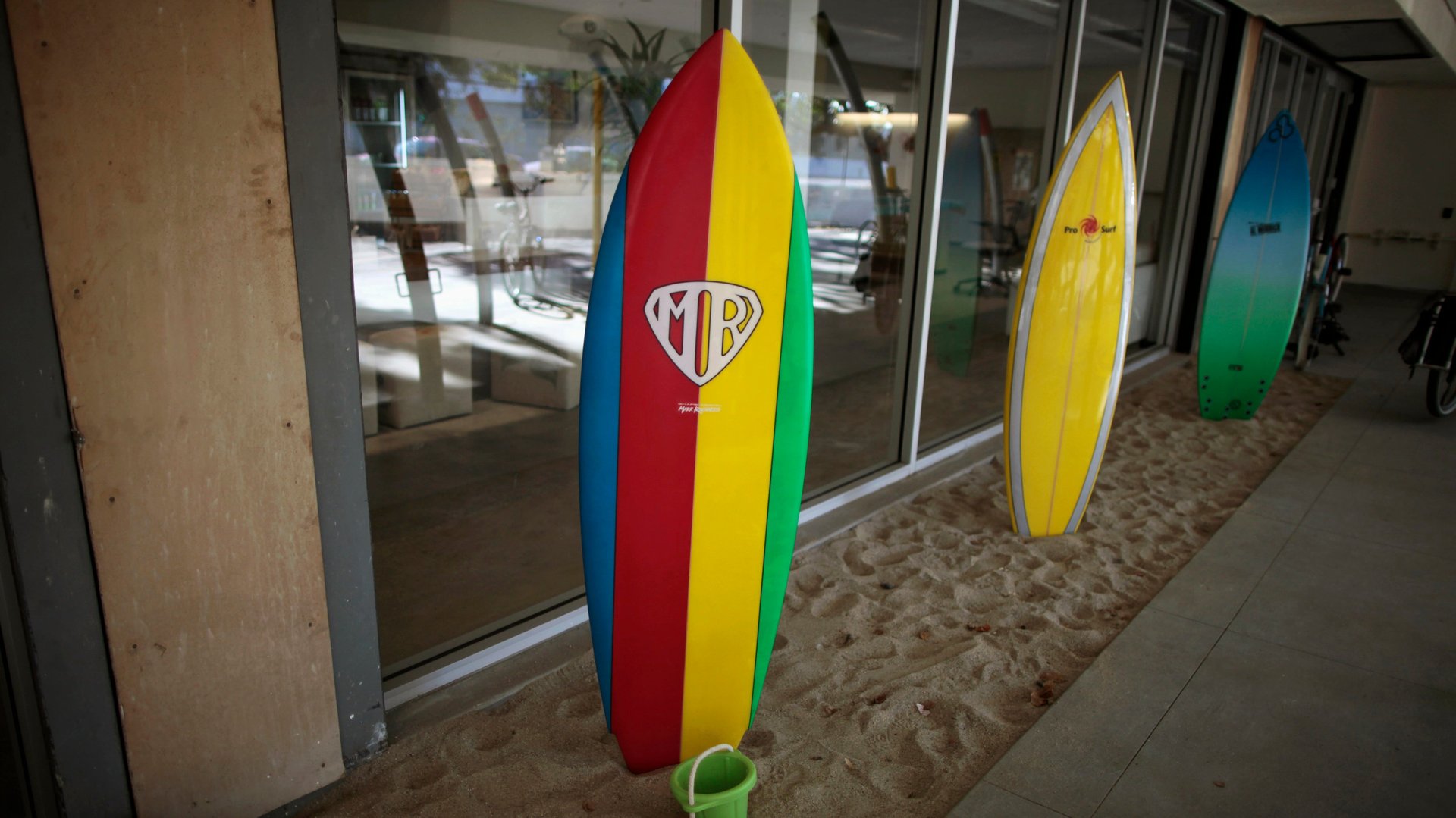Google wouldn’t exist without a very lucky first break
This question originally appeared on Quora: What is the luckiest business break ever? Answer by Shane Greenstein, professor in the Technology Operations and Management unit at the Harvard Business School.


This question originally appeared on Quora: What is the luckiest business break ever? Answer by Shane Greenstein, professor in the Technology Operations and Management unit at the Harvard Business School.
Larry Page and Sergey Brin got about as lucky a break as anybody could ever get. They were popular with students and unpopular with almost everyone else in industry. That led them to NOT license their technology and motivated them to try to start their own business.
After Page and Brin first implemented Page-Rank, they did not drop out of their studies right away, or quickly sacrifice their aspirations for a PhD. They implemented Page-Rank in a search engine they initially called Backrub, which became available on a server at Stanford. They wrote several papers about it, worked in the lab, and completed all the requirements for a PhD except the last one—writing a dissertation. They even took steps to making progress on that last requirement by making progress with implementing and refining their algorithm.
The popularity of their search engine with campus users encouraged Brin and Page to seek some revenue in new licensees (which they would share with Stanford). Things did not go according to plan. Despite their proximity to Silicon Valley, they did not find any takers for their algorithm. Odd as it might seem in retrospect for an invention that eventually became the basis for a multi-billion-dollar company, Brin and Page were not able to find any existing firms who wanted to license Page-Rank, or buy it, for that matter.
To say it simply, their invention did not stand out because they were merely a couple of smart kids trying to license an algorithm to revolutionize searching the Internet. In the middle to late 1990s, there were a lot of smart kids claiming to be torchbearers for the next revolution, and plenty of other approaches to search. Brin and Page did not look any more distinguished.
More to the point, Brin and Page happened to have the dumb luck to live at a time of intense entrepreneurial activity. The prototype built at Stanford worked well, but did little to convince others in industry of the value of the algorithm. Everyone seemed to be a skeptic. The prevailing view dismissed their search engine, and characterized its approach as not valuable.
Think about that! Had somebody thrown enough money at them — a million dollars, say — those two might have stuck to their initial plan, and finished their dissertations.
Instead, they got help from an angel investor (Andy Bechtolsheim), and they decided to go into business for themselves as Google. One thing led to another, and today they own one of the most valuable pieces of real estate on the web.
They were lucky to be popular with students, and not with anybody in industry. That let them to develop their business, and motivated them to go into business for themselves. We should all be so lucky.
More from Quora: